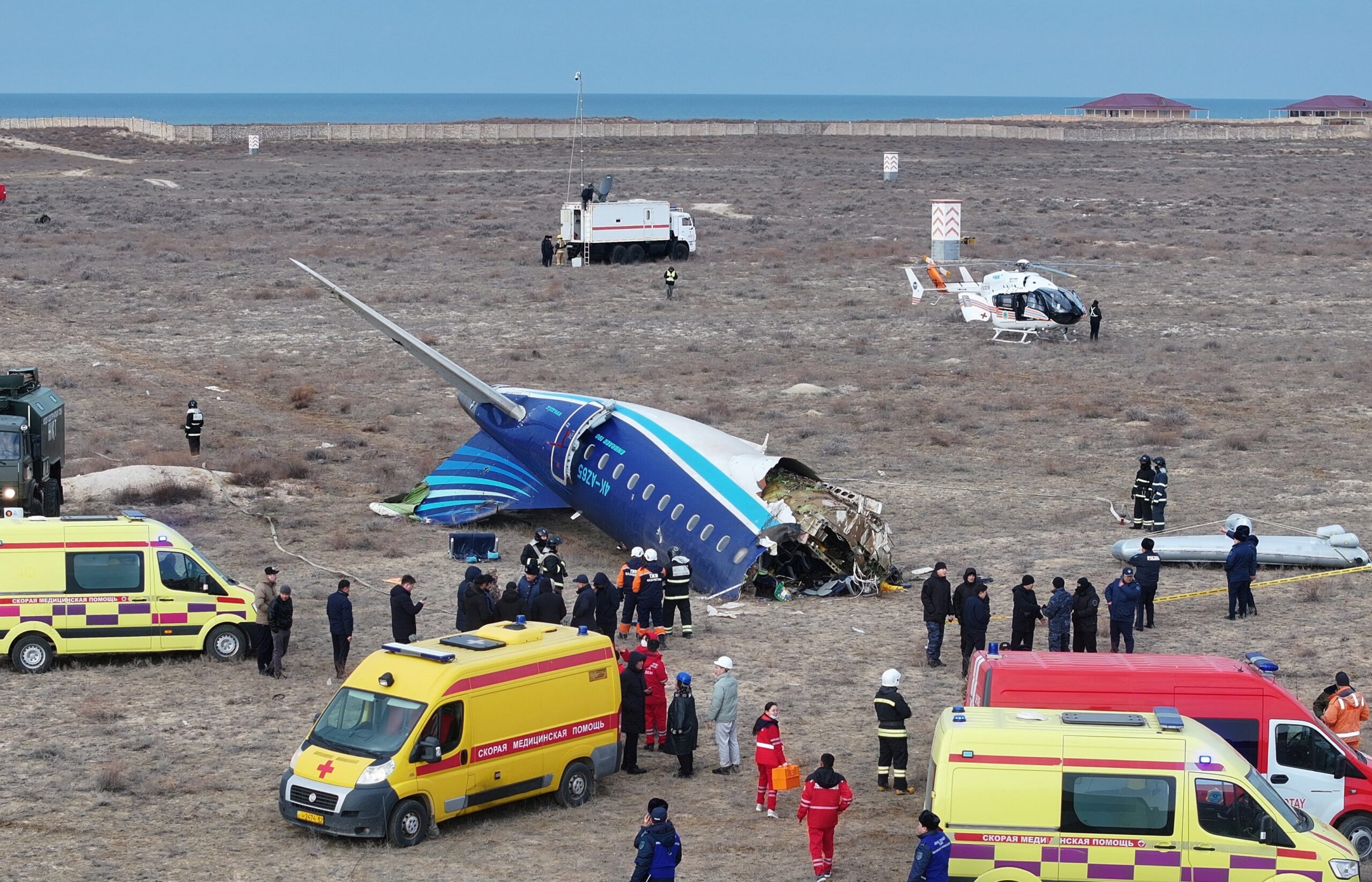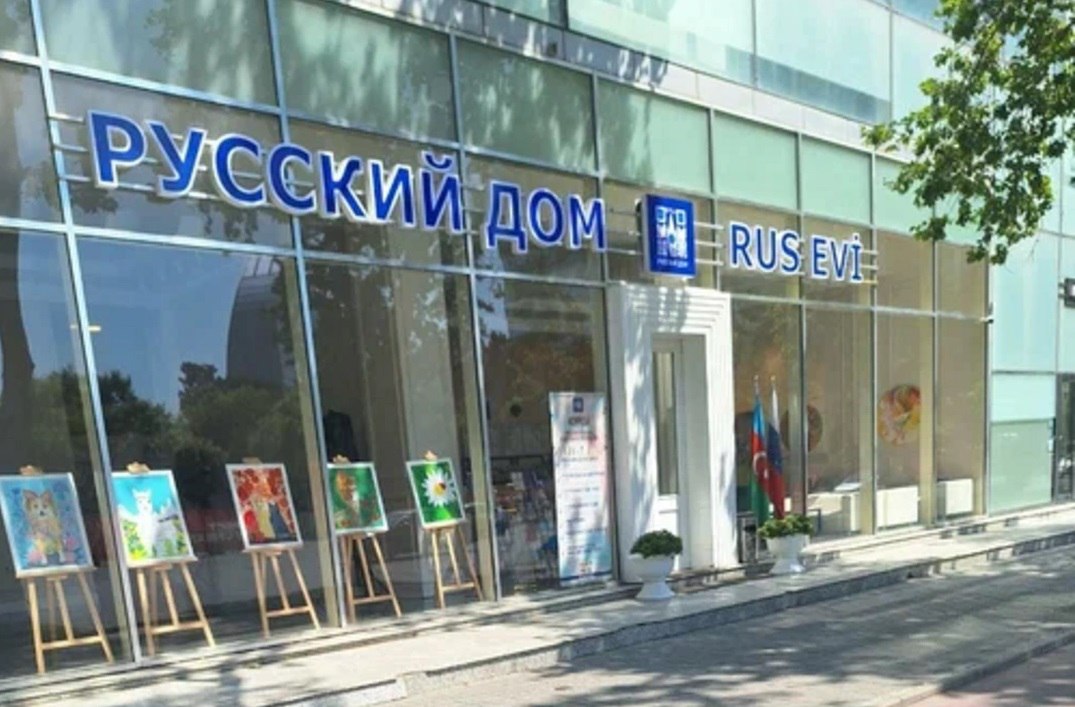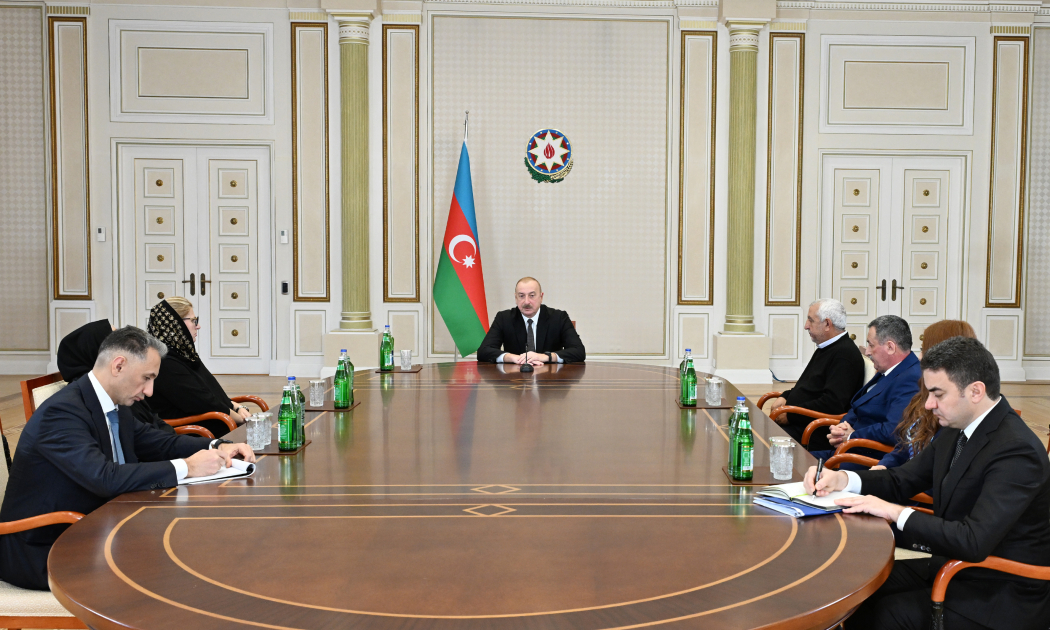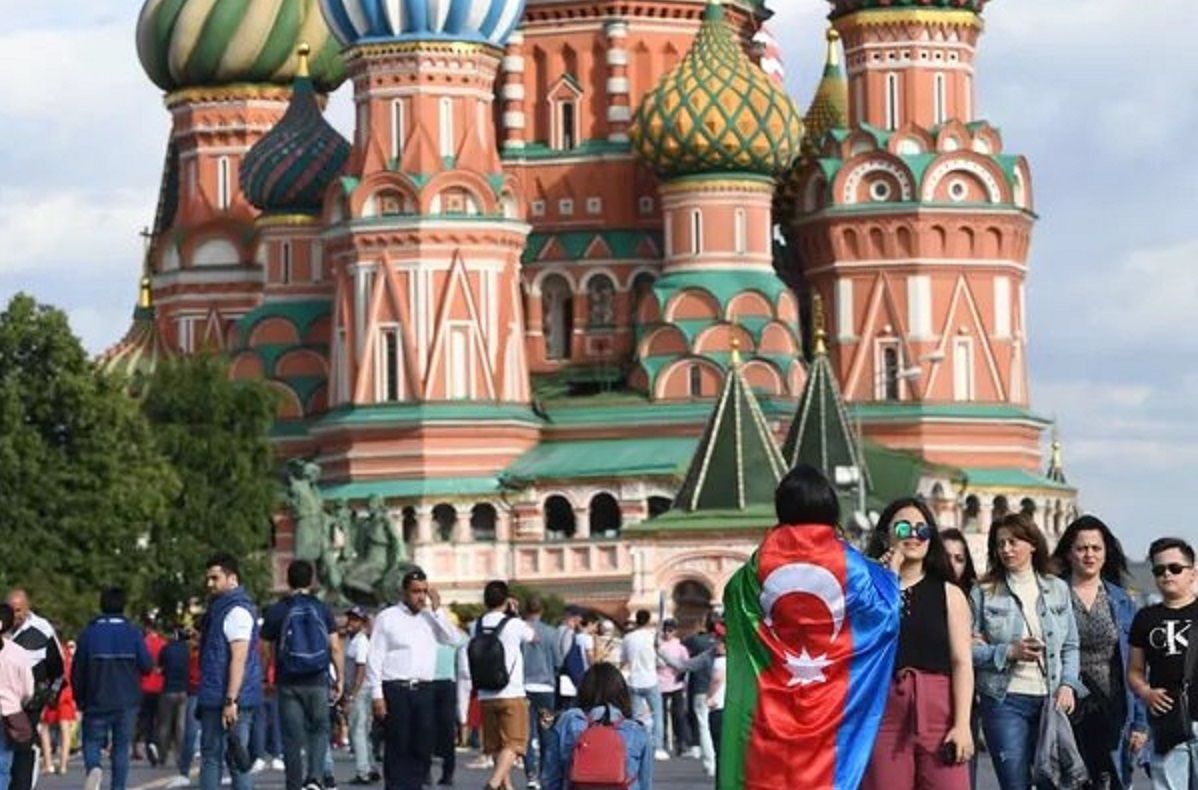By escalating tensions with Azerbaijan, Russia creates chaos in South Caucasus – View from Baku
Tensions in Russia-Azerbaijan relations
Russian Deputy Foreign Minister Mikhail Galuzin stated that Moscow rejects Western attempts to turn the South Caucasus into a geopolitical battleground.
“We will do everything possible to shield the region from chaos and transform it into a zone of cooperation and progress,” Galuzin said, emphasizing that this aligns with Russia’s core interests.
- ‘Russian mediation unlikely—we’ve felt its consequences firsthand,’ says Armenian parliament speaker
- Russian Deputy FM: ‘US and EU are openly punishing Georgia’
- When will tensions between Azerbaijan and Russia end? View from Baku
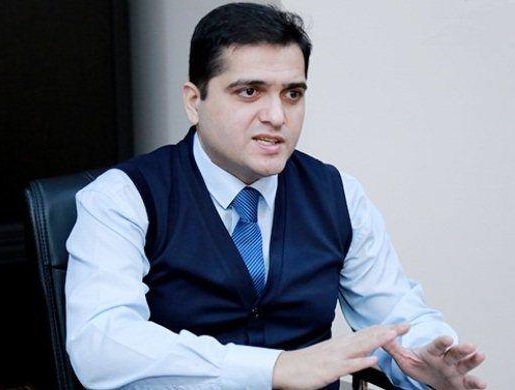
Elkhan Shahinoglu, head of the Atlas Research Center, argues that the situation contradicts Mikhail Galuzin’s claim, asserting that Russia itself is fueling instability in the South Caucasus by escalating tensions with Azerbaijan.
“By worsening relations with Azerbaijan, Russia is creating chaos in the region. The Kremlin’s failure to resolve the crisis appears to be part of a well-thought-out plan. Vladimir Putin could end the tensions in an instant, but it seems he does not want to.”
Shahinoglu recalled past tensions between Turkey and Russia after Ankara shot down a Russian military jet for violating its airspace. At the time, President Recep Tayyip Erdoğan sent a letter of apology to Putin, leading to the normalization of relations.
“Now, Putin refuses to do the same with Azerbaijan. Instead, he is prioritizing a pressure campaign against Baku—already visible through black propaganda. However, Azerbaijan is responding accordingly and taking adequate steps,” Shahinoglu said.
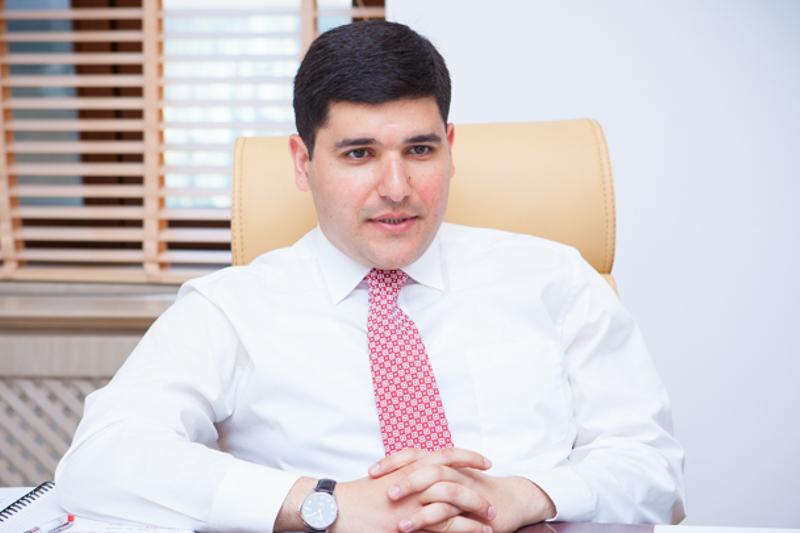
Political analyst Farhad Mammadov told Pressklub.az that the impact of Russia-Azerbaijan tensions on the region is not yet tangible. However, in Armenia, two key perspectives have emerged regarding the situation:
“One theory suggested that Russia and Azerbaijan were coordinating a joint strategy against Armenia and Pashinyan’s government. However, recent developments clearly show that Azerbaijan is taking an independent stance and is not afraid of confrontation with Russia.
Secondly, Armenia believes that these tensions will weaken Russia’s influence in the region, which aligns with Yerevan’s interests.”
Mammadov also pointed out that Armenia is not participating in the trilateral transport commission, which includes Russia.
“As a result, the commission remains inactive. However, Pashinyan’s government has not made a political decision to withdraw, leaving Russia as a formal participant. Recently, a Russian deputy foreign minister reiterated Moscow’s willingness to engage in the process and affirmed that their proposals remain relevant.
The commission was established by a joint declaration on January 11, 2021. If Armenia truly wants to exclude Russia from transport restoration efforts, it should formally announce its withdrawal,” Mammadov stressed.
Political analyst Farhad Mammadov stated that there are no quantitative or qualitative indicators of Georgia aligning with Russia, despite its deteriorating relations with the West.
“While ties with the West have worsened, there is no clear evidence of a significant rapprochement with Russia.”
When asked about potential economic shifts in Russian-Georgian relations, Mammadov suggested that Georgia might increase gas and oil imports from Russia due to lower prices.
However, he emphasized that no political or diplomatic negotiations have resumed, nor are there any open discussions taking place. “Therefore, the idea of a deeper rapprochement cannot be substantiated,” he added.
Mammadov also noted that Russia’s overall position in the region is weakening.
“This process began with Azerbaijan expelling Russian troops from its territory, followed by Armenia taking similar steps. As a result, Russia’s political influence has diminished. However, through expanding economic ties with Armenia, Moscow has managed to strengthen its position in that sphere,” he concluded.
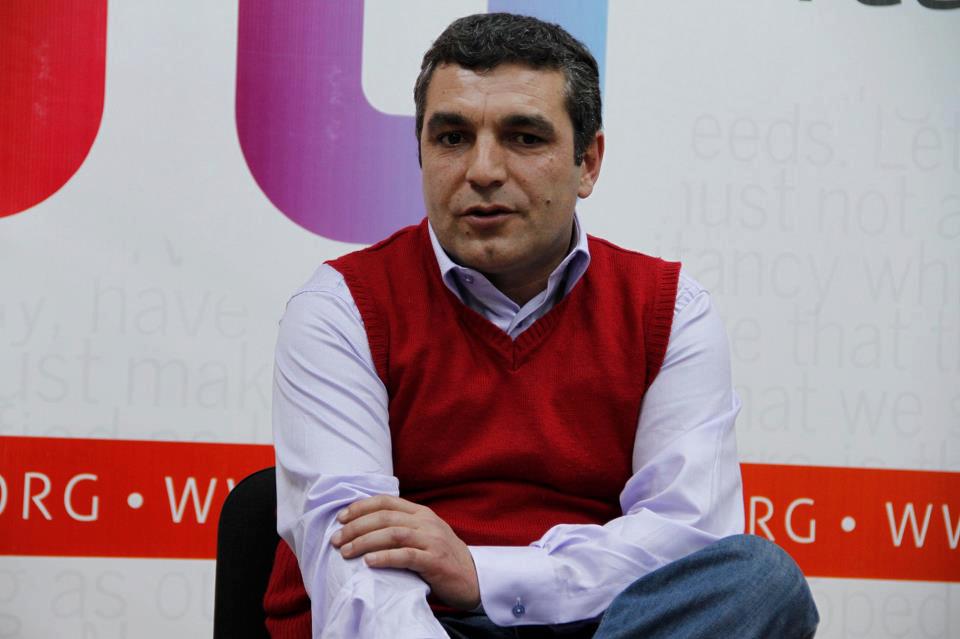
According to Natig Jafarli, leader of the Republican Alternative Party, regardless of how long tensions between Azerbaijan and Russia persist, stemming from the Kremlin, and whatever the future of their relations may be, official Baku must develop and implement a strategic plan to address two key issues.
“Whatever Azerbaijan fears, Moscow tries—and will continue to try—to exert pressure in that direction. The more we see threats related to Azerbaijani migrants in Russia and the export of agricultural products to that country, the more the Kremlin will emphasize these issues. Therefore, logically, we must resolve these two problems once and for all to avoid facing pressure in these areas, both today and in the future.
Let’s start with the economic figures: in 2024, Azerbaijan’s exports to Russia amounted to $1.178 billion, making up just 4.4% of our total exports. Last year, however, Russia sold goods to Azerbaijan worth $3.621 billion. This means Russia profited $2.443 billion at our expense. If they decide to stop buying our goods tomorrow, they will end up losing more than we will. They are already limited in the number of countries they can sell to.
Yes, this does not mean we should rely on a market where we earn only about $1.2 billion. The government should overcome its inertia and remove the obstacles it creates for entrepreneurs so that our farmers can sell tomatoes to the Arabs, for example.
The second issue is migration, which both the government and our media perceive as a threat. In reality, it is an opportunity. The government should simply open the doors to those who want to return and improve conditions so they can start their own businesses here.
One million people need to be settled in Karabakh and East Zangezur. Few are moving there—those accustomed to Baku, especially the younger generation, do not want to go. Therefore, excellent conditions must be created for those willing to return from Russia and live there, ensuring they can settle, stay, thrive, and prosper.
However, the government has no plan or program in this direction.
In short, if Azerbaijan stops viewing migration and market issues as threats and develops a proper plan and program, it can neutralize Russia’s pressure tactics. The key is to work, take initiative, and grant people economic freedom. That’s all there is to it,” said Natig Jafarli.










